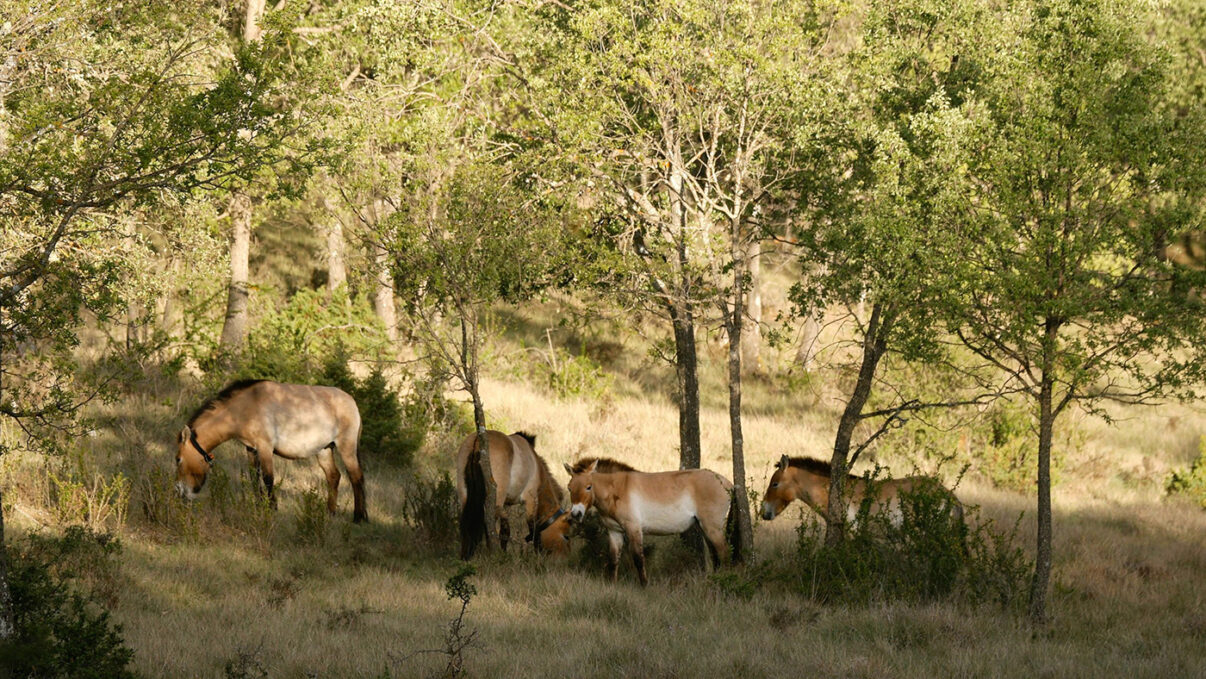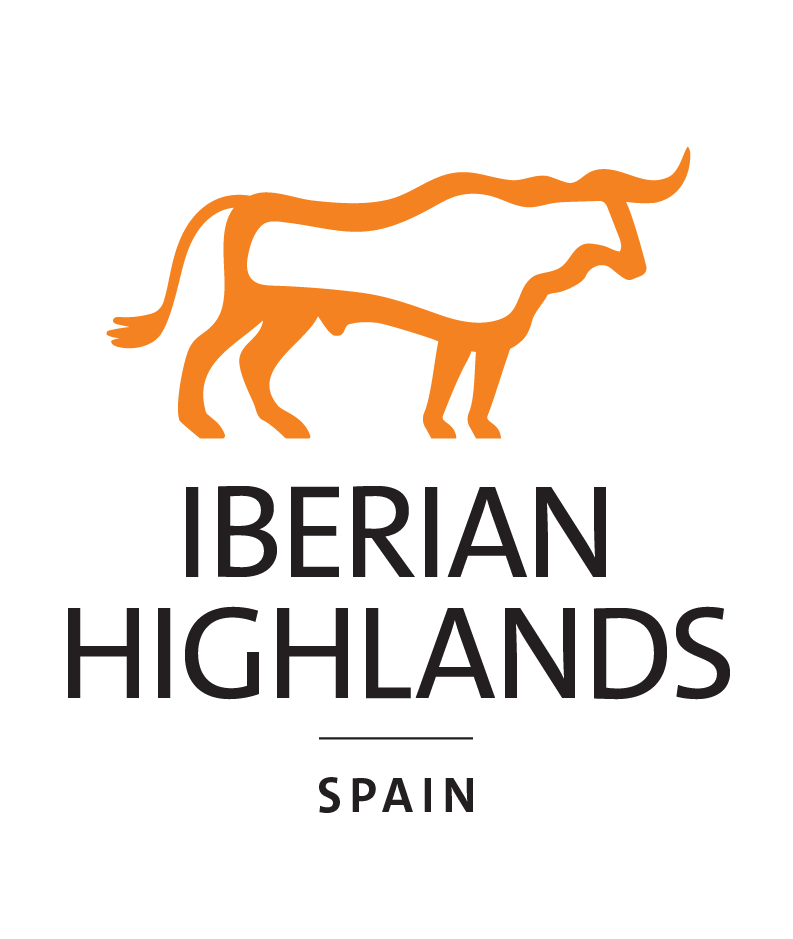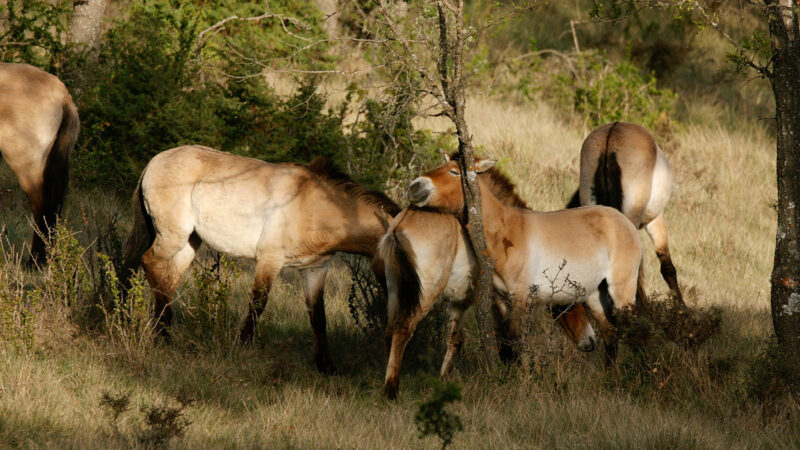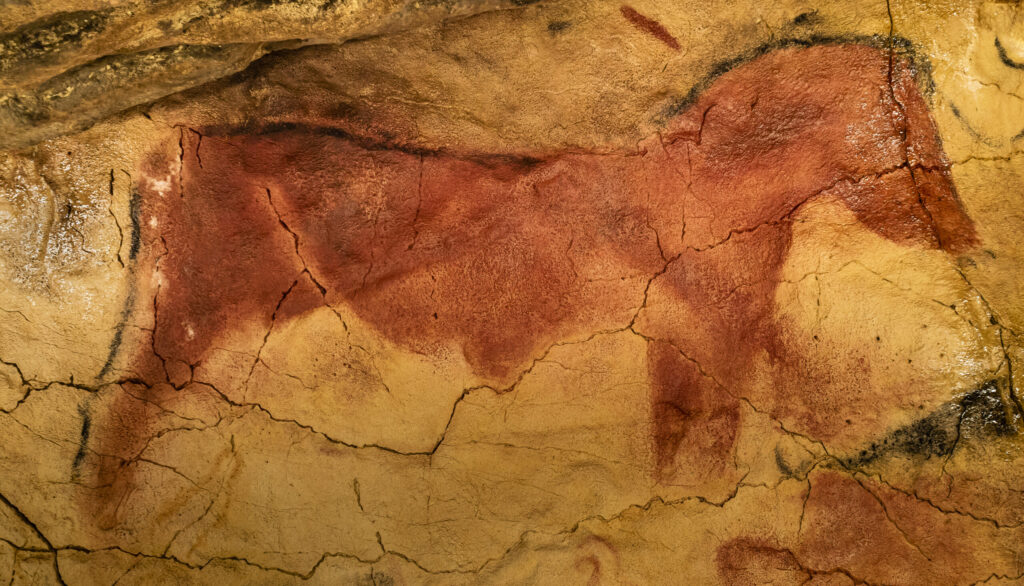A herd of 10 Przewalski’s horses – the last truly wild horse – has been released in the Iberian Highlands rewilding landscape in Spain. Having arrived in May, the animals will soon roam free across an extensive area, where they will help to reduce the risk of wildfire, enhance biodiversity, boost nature-based tourism and environmental education, and improve the conservation status of this endangered subspecies.

Beneficial icon
 A herd of 10 Przewalski’s horses (seven females and three males) has been released in the Iberian Highlands rewilding landscape in Spain. The iconic horses, which have been sourced from the Monts D’Azur Biological Reserve in France, will roam free across 5,700 hectares of public forest near the village of Villanueva de Alcorón, where the grazing rights are managed by Rewilding Spain. Their release will deliver multiple benefits to people and nature.
A herd of 10 Przewalski’s horses (seven females and three males) has been released in the Iberian Highlands rewilding landscape in Spain. The iconic horses, which have been sourced from the Monts D’Azur Biological Reserve in France, will roam free across 5,700 hectares of public forest near the village of Villanueva de Alcorón, where the grazing rights are managed by Rewilding Spain. Their release will deliver multiple benefits to people and nature.
As an endangered subspecies of the wild horse (Equus ferus), the Przewalski’s horse (Equus ferus przewalskii) is the world’s last truly wild horse. It is stockier than domesticated horses, with shorter legs. The arrival of the herd in Villanueva de Alcorón represents a milestone for their conservation and rewilding in the local landscape.
Through their grazing, the horses will clear combustible vegetation, reducing the risk of catastrophic wildfire. They will also enhance biodiversity and increase the quality of pasture for other herbivores, such as red, roe and fallow deer. In addition, the presence of these beautiful animals will boost nature-based tourism and help to support environmental education.
“We’re thrilled to have these amazing horses in the Iberian Highlands,” says Rewilding Spain team leader Pablo Schapira. “The herd, which are now being kept in a 17-hectare enclosure since May, are acclimatising well, and we are looking forward to seeing how the animals interact with the larger landscape. Ten individuals is a good number to start a new population, especially since this is a social group. The natural population growth rate of these horses is low and more specimens will added in the future to grow the herd and ensure genetic diversity.”

Wide-ranging benefits
There are populations of Przewalski’s horses on Spanish land already. However, this release will be the first for Spain – and the whole of western Europe – in that the animals can roam freely across such an extensive area without being constrained by fencing. The only other unfenced population in Europe lives in the Chernobyl exclusion zone.
Through their grazing and movement, the horses will perform an essential ecological role in the Iberian Highlands. Rural depopulation, which many parts of the Spanish interior have experienced for decades, has seen extensive grazing with livestock all but disappear here, leading to a buildup of scrub. This, in turn, has increased the risk of catastrophic wildfire, which is a growing problem in many parts of southern Europe as climate change leads to higher temperatures and extended periods of drought. By feeding on this vegetation, the horses will help to prevent outbreaks of such wildfire, which can prove catastrophic for nature, people and property.
By opening up the landscape through their grazing and browsing, the Przewalski’s horses will also help to enhance biodiversity. It has already been proven that low intensity natural grazing by free-roaming herbivores can create a range of habitats that can be used by a diverse range of plants and animals. As the animals are able to roam freely across an extensive area, their dung will also enrich the soil.

Why Przewalski’s horses?
With a total global population of around 2000 individuals, Przewalski’s horses are the last remaining true wild horses in the world. Bringing them to Villanueva de Alcorón is a unique opportunity to join collaborative efforts to conserve the species, which is in serious danger of extinction. In addition, these rare and charismatic animals will help to attract tourists and wildlife enthusiasts, raising the profile of the area and the entire landscape and providing a much-needed economic boost.
The Iberian Peninsula was once roamed by wild horses with very similar physical features to Przewalski’s horses, as evidenced by engravings and cave paintings, such as those in Altamira. However, these disappeared around 4000 years ago. With livestock numbers in the Iberian Highlands landscape significantly diminished, the Przewalski’s horses will fulfill the same ecological role as the extinct Iberian wild horse and more contemporary domesticated herbivores. Rewilding Spain is already working with various Spanish breeds of semi-wild horses in other parts of the Iberian Highlands.

Keeping track
Four of the Przewalski’s horses have been fitted with GPS collars, which will allow the rewilding team to track the movement of the herd. They will be monitored by an experienced herd manager, Pablo Villa, who lives in Villanueva de Alcorón. The horses have been released after lengthy consultation with the council of Villanueva de Alcorón, with residents of the village helping to construct the acclimatisation enclosure. Meetings with officials of the regional government and members of other communities in the area have taken place, ensuring that the local population is aware of the benefits that the animals will deliver.
